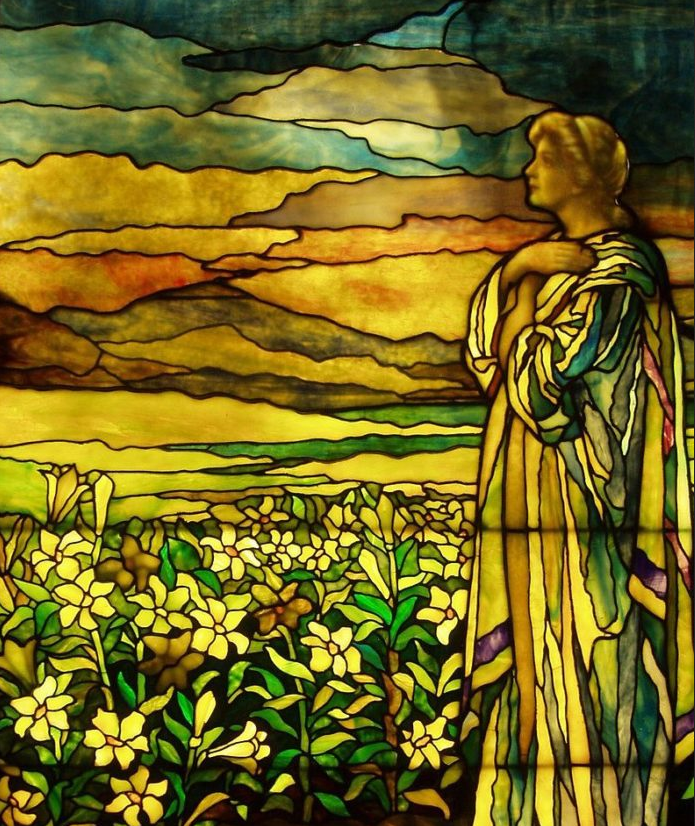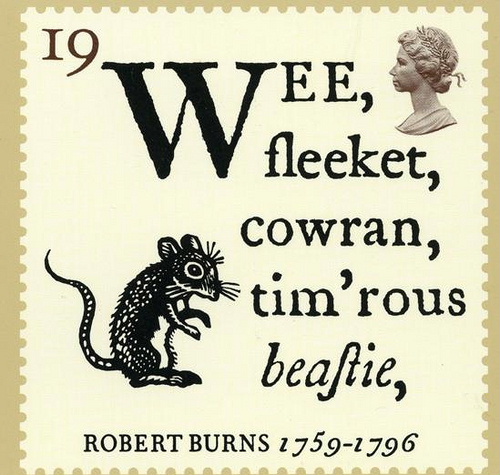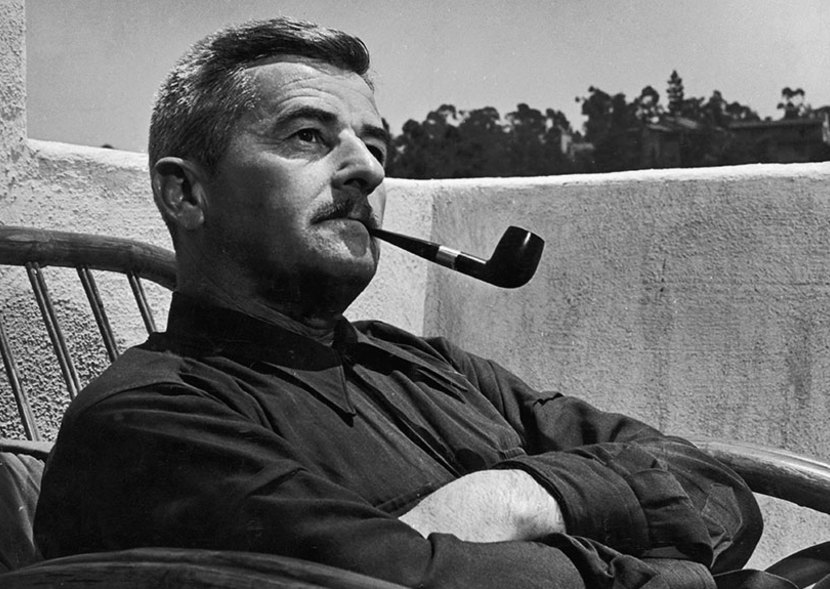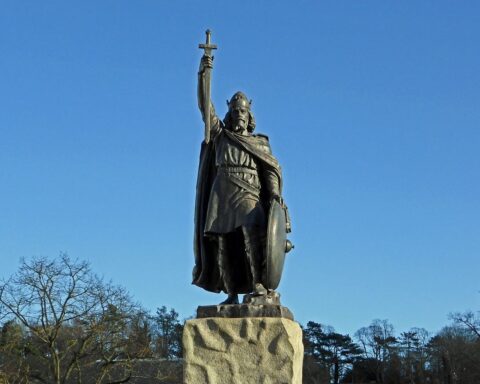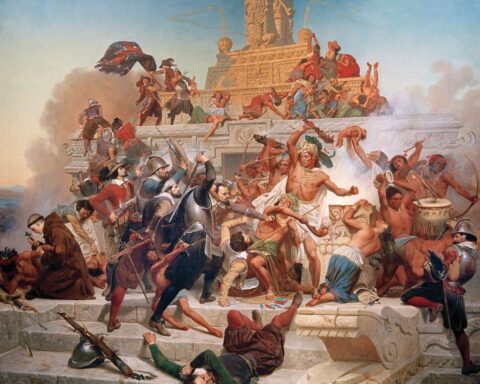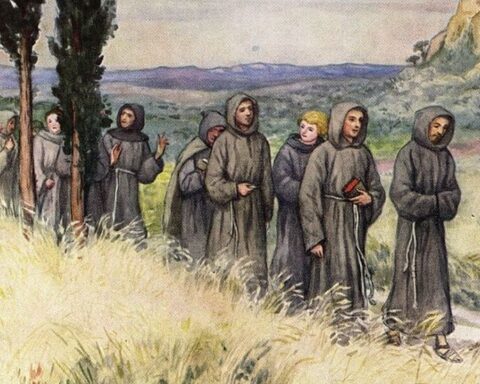Editor’s note: The following comprises the fifth chapter, first part (A11), of The Gospel of Luke: An Exposition, by Charles R. Erdman (published 1936). All spelling in the original.
11. The Cure of Anxiety (12:22-34)
___________________________________________________
22 And He said unto His disciples, Therefore I say unto you, Be not anxious for your life, what ye shall eat; nor yet for your body, what ye shall put on. 23 For the life is more than the food, and the body than the raiment. 24 Consider the ravens, that they sow not, neither reap; which have no store-chamber nor barn; and God feedeth them: of how much more value are ye than the birds! 25 And which of you by being anxious can add a cubit unto the measure of his life? 26 If then ye are not able to do even that which is least, why are ye anxious concerning the rest? 27 Consider the lilies, how they grow: they toil not, neither do they spin; yet I say unto you, Even Solomon in all his glory was not arrayed like one of these. 28 But if God doth so clothe the grass in the field, which to-day is and to-morrow is cast into the oven; how much more shall he clothe you, O ye of little faith? 29 And seek not ye what ye shall eat, and what ye shall drink, neither be ye of doubtful mind. 30 For all these things do the nations of the world seek after: but your Father knoweth that ye have need of these things. 31 Yet seek ye his kingdom, and these things shall be added unto you. 32 Fear not, little flock; for it is your Father’s good pleasure to give you the kingdom. 33 Sell that which ye have, and give alms; make for yourselves purses which wax not old, a treasure in the heavens that faileth not, where no thief draweth near, neither moth destroyeth. 34 For where your treasure is, there will your heart be also.
___________________________________________________
In addressing the crowds Jesus warned them against covetousness by speaking to them the parable of the Foolish Rich Man who trusted in his goods and forgot God; He now turned to His disciples to urge them to forget their worries by trust in God. While a Christian must not be selfishly absorbed in amassing wealth, he need not be anxious about even the necessities of life. The reason is that “the life is more than the food, and the body than the raiment,” and therefore God who gave life and made the body will surely provide food and clothing; He who did the greater will not fail to do the less.
For an example of such providential care Jesus points to the birds: without the “fruits” and the “barns” and the “goods,” which failed to prolong the life of the rich man, the ravens continue to live; “God feedeth them: of how much more value are ye than the birds!” Of course we are to be diligent and industrious and to exercise thrift and foresight; but we are not to be anxious. Worry will not prolong life; on the other hand, it is worry and not work that kills. Therefore, if anxiety shortens life, it surely will not supply the necessities of life; trust God for food. Vs. 24-26.
So, too, as for clothing; if God robes in such beautiful colors the perishable flowers of the field, will He not provide garments for His own children? To be anxious about these necessities is to imitate the heathen who know nothing of God’s providential care. We show ourselves to be His children by our trust in Him. Vs. 27-30.
However, while we are not to be absorbed in seeking wealth, as the foolish rich man, or to be anxious about food and raiment, as are men of the world, there is something about which we should feel a deep concern, and that is the Kingdom of God. If we seek and labor for its coming, we can be sure that our Father will supply our temporal needs. Even though at times we may be in peril and in want, we can be certain that we are to share at last the blessedness of that Kingdom. Vs. 31, 32. Therefore we should not be absorbed in gathering the goods that perish, but by deeds of sacrifice and works of charity, inspired by gratitude to God and love to men, we are to lay up “treasure in the heavens” which will never be stolen or destroyed; and as the heart always follows its treasure, our thoughts will be turned upward toward God; trust in his power and love will banish our anxiety and free us from care. Vs. 33, 34.
(Go back to previous chapter)
(Continue to next chapter)

